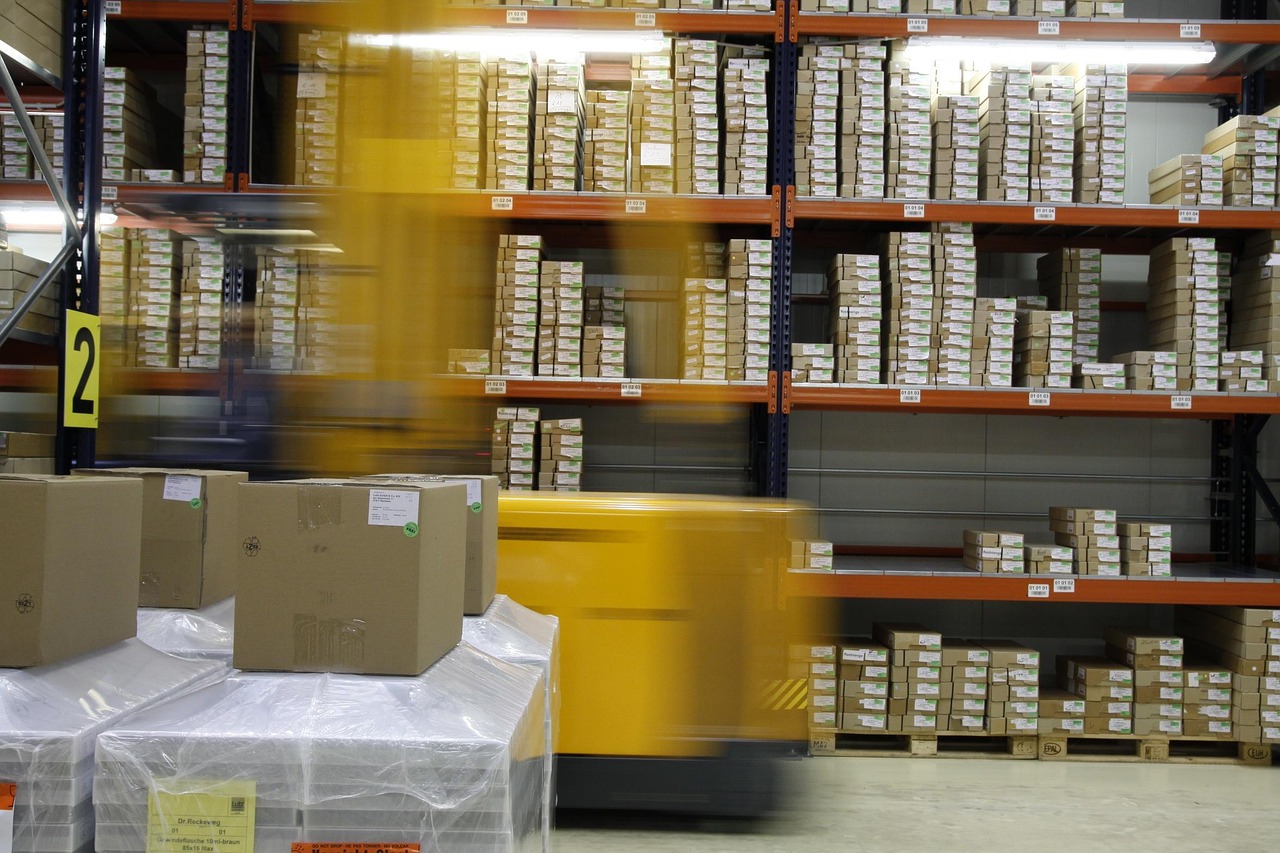The challenges of logistics management
Globalization, e-commerce and digital marketing have significantly raised the expectations of international brands seeking to distribute their products in an increasing number of countries. International logistics encompasses the complex processes of importing and exporting goods by sea, air or road. Every day, sales are becoming more integrated globally.
Managing the import and export of goods involves dealing with a complex landscape of regulations, compliance requirements and laws. Despite the challenges, which may seem daunting, expanding the customer base is essential for business growth, and international shipping opens the door to a vast global audience. This marks the future trajectory of e-commerce.
Key elements of e-commerce fulfillment
Global delivery costs
In this section, it is essential to understand the International Trade Terms, known as Incoterms. Developed by the International Chamber of Commerce, these terms standardize the responsibilities between buyers and sellers in import and export operations. Its objective is to clarify the transfer of risks during logistics activities and to establish a universally recognized framework of rules.

In e-commerce sales, knowing the different Incoterms is essential to negotiate the transport of products, whether for imports or exports, and to make it accessible to all customers. Some of the key Incoterms you should know are:
- EXW (Ex Works): The seller's obligation is to make the merchandise available at its facilities. From there, the buyer assumes all costs and risks.
- FCA (Free Carrier): The seller is responsible for all logistical movement until the goods arrive at the destination port.
- FOB (Freight on Board): The seller assumes responsibility until the goods are loaded onto the indicated vessel. From that moment on, the buyer assumes responsibility and carries out customs clearance.
- CIF (Cost, Insurance and Freight): The seller assumes all obligations from the moment the ship sails until it arrives at the port, including the payment of insurance. The buyer's responsibility begins when the merchandise is removed from the vessel.
- CPT (Carriage Paid To): The seller assumes all costs, risks and possible losses until the merchandise reaches the consumer.
- CIP (Carriage Insurance Paid To): The seller is responsible for the payment of freight and insurance, ensuring the arrival of the vessel at the established location. Your liability ends when the merchandise is delivered to the buyer or to the 3PL.
- DDP (Delivered Duty Paid): This Incoterm states that the seller covers all risks and costs from origin (including export and import duties, insurance, etc.) until the product reaches its final destination.
Navigation and transport for international e-commerce

The right transport for your product
When moving goods from one place to another, choosing the right mode of transport is crucial for efficient logistics management. Whether by air, sea or land, several factors influence this decision.
While cost-effectiveness is important, it shouldn't be the only criteria. The nature of the merchandise, the required transit times, integrated logistics capabilities, risk factors and legal compliance must also be considered.
Choosing the right mode of transportation involves balancing these factors to ensure timely deliveries, minimize risks, comply with regulations and optimize logistics efficiency. This comprehensive approach improves operational effectiveness and customer satisfaction in the supply chain.
Customs Clearance, Compliance and Regulations
The process of customs clearance is essential in international shipping. It requires the collection and presentation of the necessary documentation by a customs agent to facilitate the passage of goods through checkpoints. Companies must comply with country-specific policies, as each nation maintains its own laws and regulations.
International logistics is more complex than domestic logistics because of these regulatory differences. Complying with customs regulations is key to avoiding delays and expediting entry to new markets. With this, companies optimize their shipping processes and improve their operational efficiency in global markets.

Warehouse location
Warehouses play a crucial role in the customer's shopping experience. Its strategic location and efficient management directly influence the speed and reliability with which consumers receive their products.
The proximity of distribution centers is increasingly decisive for expansion objectives. By strategically locating warehouses close to customers, companies can optimize delivery times, reduce shipping costs, and improve overall satisfaction. This strategy not only increases operational efficiency, but also strengthens competitiveness in the market.
Distribution and monitoring of your product
Speed wins
The location of warehouses is critical for initiating efficient distribution processes, since delivery times directly impact customer satisfaction. Fast deliveries are essential to maintaining a competitive advantage, especially in brands expanding into new international markets.
Fast delivery not only improves satisfaction, but it also strengthens brand reputation and customer loyalty. By strategically locating warehouses close to target markets, companies reduce shipping costs, shorten delivery times and better meet expectations.
Order Tracking
Shipment tracking is essential in international logistics. Providing customers with the ability to monitor their packages gives them confidence that their purchase is on track and in good hands. According to Dispatch Track,, more than 90% of consumers want real-time monitoring of their products, and 60% would reconsider buying from a brand that doesn't offer this option.
Transparent and real-time traceability is essential to monitor the movement of cargo, a service that at Cubbo we prioritize for all our customers. The best way to provide peace of mind is to use a tracking number that allows you to follow the package along its entire route.

Risk Management
In international logistics, various risks can arise at multiple stages: legal and political aspects, infrastructure problems, customs procedures, operational challenges and technological complexities.
Addressing these difficulties with the advice of experts such as those at Cubbo guarantees a safer operating environment. Their experience makes it possible to anticipate risks and mitigate them proactively.
Hiring an external logistics operator (3PL) to manage all logistics needs offers significant benefits. Not only does it save time and reduce costs, but it also minimizes risks along the supply chain. This approach increases security and timeliness in deliveries, reinforcing efficiency and customer satisfaction.
Conclusion
Although managing international logistics can represent a major operational challenge, there are several actions you can take to make operations run as smoothly as possible. This guide shows you the steps to follow to manage global shipments for your e-commerce.
Start by understanding the different costs that may arise (EXW, FOB, CIF, DDP). Then, choose the most appropriate method of transportation; find a good customs broker; locate the ideal warehouse to expedite deliveries; implement a tracking system; and develop strategies to manage risks that may arise.
Partnering with logistics experts will always help you to complete these steps more quickly and efficiently.
A note from Cubbo
Cubbo is an e-commerce fulfillment company that helps you eliminate all logistics management complications when entering a new country. Our Importer of Record and Merchant of Record services allow you to import to Mexico and/or Brazil more quickly and easily.
We have experience managing the different challenges of international shipping, including customs clearance, pick & pack, distribution, tracking and delivery of products.
Some of our most renowned clients, such as Dossier, Levis And , guarantee our ability to increase your sales and reduce your delivery times, thus offering a better shopping experience to your end consumers.
Do you want to contact us? Click Here.







